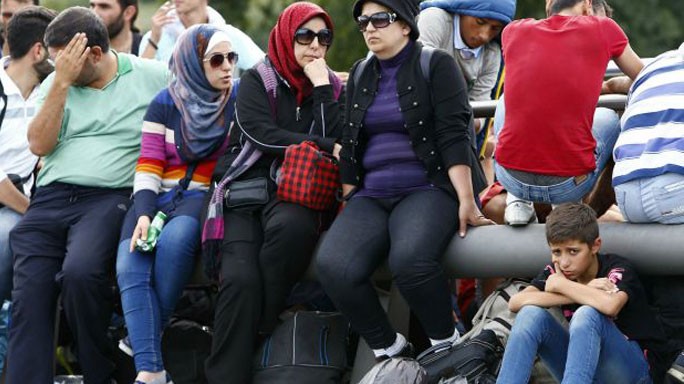At least 800,000 asylum seekers are expected to arrive in Germany this year alone, according to official estimates. The figure is higher than the number of refugees the entire European Union took last year, which stood at about 626,000.
The mass migration of people fleeing from conflict-ridden and poverty-stricken countries to Germany has evoked growing concerns about its impact on the country's finances. Each refugee costs the German government about 13,000 euros ($14,500) a year - including the cost of food, healthcare and housing, reported German newspaper "Frankfurter Allgemeine Zeitung."
If the total number of asylum seekers for this year remains at 800,000, then that is expected to cost up to 10 billion euros. And the German government recently earmarked a budget of 6 billion euros to fund the care of migrants coming into Germany in 2016.
While there have already been calls for tax increases to finance the increased government spending for asylum seekers, Chancellor Angela Merkel's administration has stressed that there will not be any tax hikes.
Easing the burden
However, rising concerns over the increased costs of caring for migrants have led to growing calls for taking measures that help asylum seekers quickly find jobs in Germany.
In this way, many argue, the migrants would not strain the government's finances, but rather they could bolster the country's economy as taxpayers, workers and consumers.
See more at:
DW





